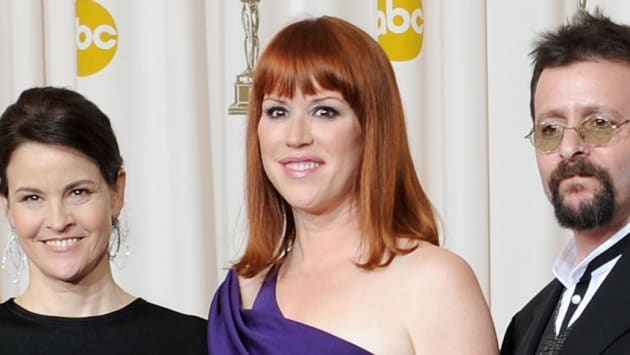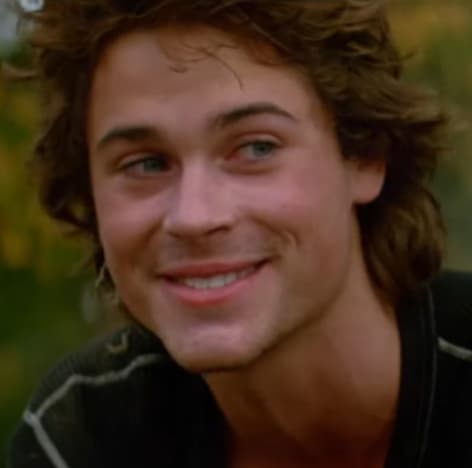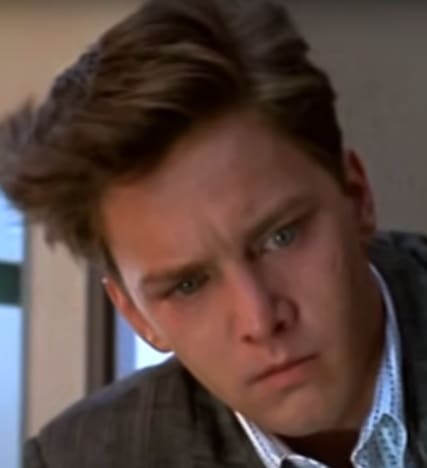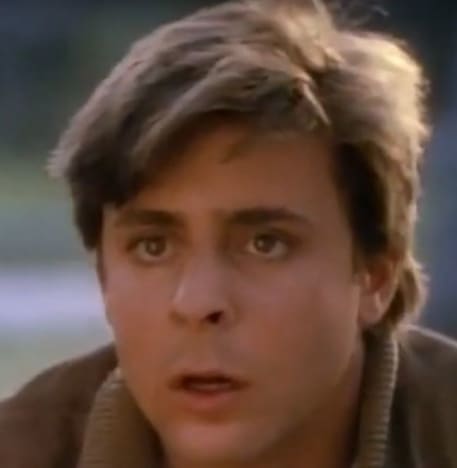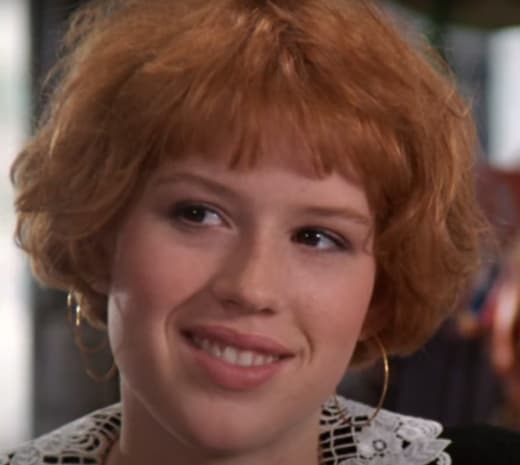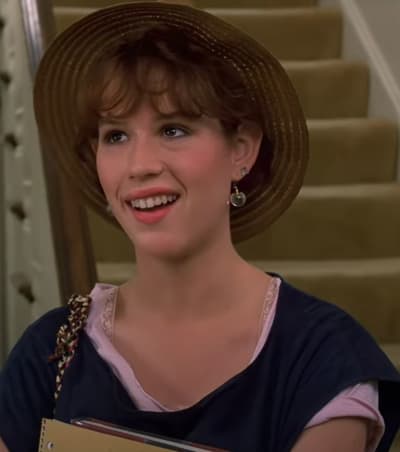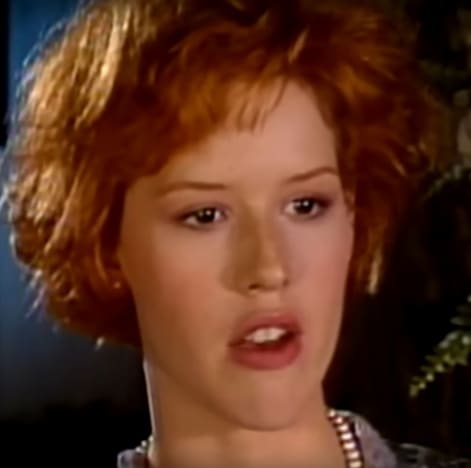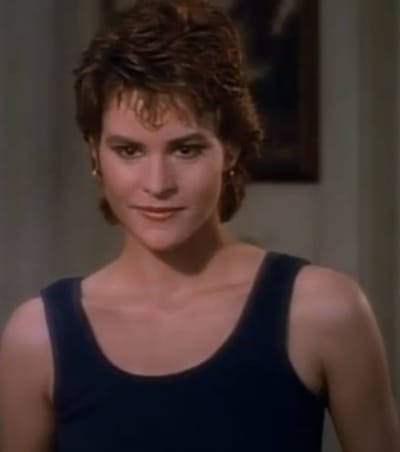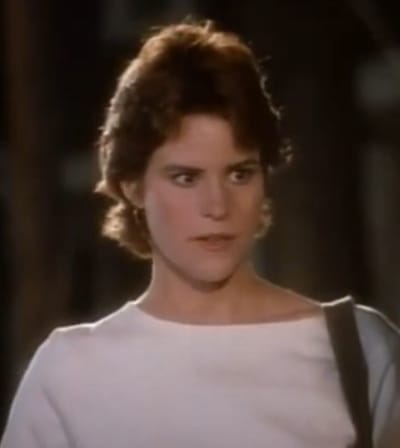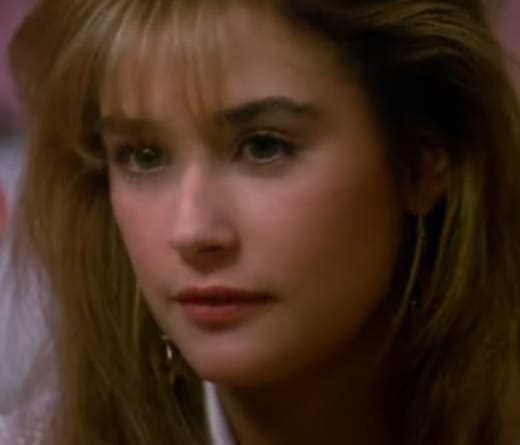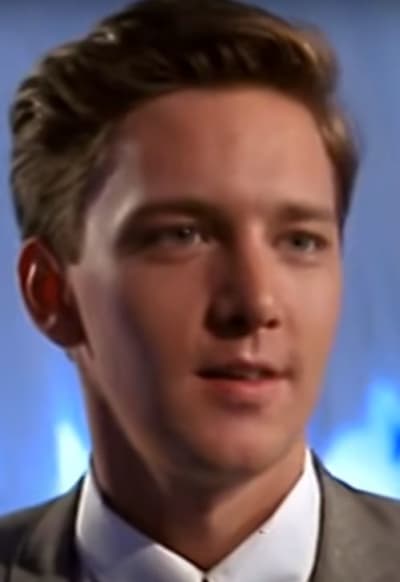The Brat Pack were icons to those who grew up in the 1980s.
The young stars’ were in all the coming-of-age movies that shaped us.
One might think they had it all, but the “Brat Pack” label was not ideal for them.
Brat Pack Inception
It was June 10, 1985.
St. Elmo’s Fire, featuring stars like Rob Lowe, was set to premiere just fifteen days later.
Related: The Age of Nostalgia: Why Young Audiences Are Seeking Out Old TV
John Hughes’ The Breakfast Club had premiered a few months prior, on February 10.
June 10 changed the world as we knew it.
It was the day David Blum published this article in New York Magazine, branding several young stars with the “Brat Pack” label.
The initial article mentioned stars Emilio Estevez, Judd Nelson, and Rob Lowe of St. Elmo’s Fire, the three men with whom Blum spent a night on the town before writing the article.
Big names like Matt Dillon, Nicolas Cage, Tom Cruise, Timothy Hutton, and Sean Penn were also included on Blum’s Brat Pack list.
Blum implied that all the stars he mentioned were essentially a singular entity taking over Hollywood.
He lumped them all together, making several assumptions about their personalities and their associations with each other.
Soon, several actors mentioned in the article shed the nickname and disassociated with the group.
Still, others were added until the list officially became a list of The Breakfast Club and most St. Elmo’s Fire stars only.
Notably, Mare Winningham and Andie MacDowell of the current series The Way Home were both St. Elmo’s Fire stars but are not on the official current list of Brat Packers.
Nevertheless, they and their costars had to live under the shadow of the nickname.
Related: Why Has Gen Z Produced So Few Prominent TV Stars?
Everyone in or associated with the group was hit hard when the label was initially applied to them.
They all hated being referred to as “The Brat Pack” for years, but their reasons for that hatred sometimes varied.
Here are some points the Brat Pack members have made over the years regarding why they hated the moniker.
The Brat Pack Club Membership Was Not by Choice
Universally, the Brat Pack members all agreed that a top bone of contention was the total lack of choice regarding membership in the Brat Pack.
They found it ludicrous that one magazine article could brand them all for life with a name they didn’t approve of or choose.
For his part, Estevez was taken aback because Blum’s article was initially only supposed to be a feature about him.
As he explains in a trailer for the 2024 Brats documentary, he spent decades hating being a Brat Pack member and trying his best to avoid the subject whenever possible.
He only agreed to do Brats because Andrew McCarthy asked him to, and he felt a need to “clear the air” in his words.
Many 1980s films are considered classics today, like these cult TV shows, especially The Breakfast Club.
Most of their cast members were proud to be associated with classic ’80 films, and most still are. However, they have pointed out the difference between pride in that association and dealing with being grouped under the “Brat Pack” label.
In a Brat’s trailer, one of the Brat Pack members is heard saying that the term “Brat Pack” makes it sound like they are all in a cult.
Related: Totally Killer Review: A Horror-Comedy That Loves Its ’80s Tropes
Quite a few felt like that’s what it was, except unlike in a traditional cult, they didn’t join willingly or get coaxed into joining.
Instead, they became instant members when David Blum created a list out of thin air or when the public later altered that list.
In a January 2024 interview with TheWrap, Demi Moore referred to his creation as “just a clever headline,” but it quickly morphed into much more than that.
The “Brat” Label Didn’t Necessarily Apply
Blum thought associating the Brat Pack with the famous Rat Pack of the 1960s was a clever play on words.
The problem was that by the 1980s, the Rat Pack was primarily viewed positively despite having swinging ’60s reputations.
They had become honored legends.
According to the stars to whom it was applied, the negativity associated with the term “Brat” did not have the same impact.
Also, Blum’s experience witnessing any bratty behavior the night he hung out with Estevez, Lowe, and Nelson was minor in the grand scheme of things.
They hit on some girls and had some drinks, and at one point, Estevez insisted on trying to get free tickets to the movie Ladyhawke, which was a little odd but not exactly extreme on a brattiness scale.
Some, like Tom Cruise, seemed to shake the Brat Pack label quite quickly, but others have dealt with it following them for their entire careers.
Molly Ringwald and Anthony Michael Hall, not on Blum’s list but on the Brat Packers fan list, have said there is no association between the Brat Pack nickname and their actual behavior.
Related: 13 Adorable Nicknames Couples Have For Each Other
They were each only sixteen when The Breakfast Club was filmed and still in school, which helped make it a realistic representation of the school.
Spending time with their castmates on set was one thing.
They all enjoyed each other’s company just fine.
However, they weren’t going out drinking and partying because they were focused on work and studies and were too young to drink anyway legally.
There Was Never Any “Pack” According to Most Members
For an exclusive and supposedly tight-knit group, the Brat Pack wasn’t very tight.
Most members have often pointed out that the pack did not exist, another reason they hated the label.
Judd Nelson has been particularly adamant that the Brat Pack never existed.
In a March 2024 interview with Us Weekly, he said he didn’t even know who was in the Brat Pack.
He also mentioned that his primary residence at the time was in New York.
He was only in California for filming, so he didn’t hang out a lot with other group members after St. Elmo’s Fire wrapped.
Anthony Michael Hall and Andrew McCarthy have also been vocal about the lack of pack.
Known early in his career for playing geeks, Hall starred in The Breakfast Club, Weird Science, and Sixteen Candles.
Related: 17 Extra Special Guests Who Appeared on The Big Bang Theory
McCarthy starred in St. Elmo’s Fire, Pretty in Pink, and Less Than Zero.
The two never crossed professional paths.
They didn’t even know each other.
Yet fans thought they were hanging out together all the time because both carried the “Brat Pack” label.
Meanwhile, Ally Sheedy, who starred in the biggest Brat Pack films, The Breakfast Club and St. Elmo’s Fire, felt that a pack could have easily formed if given the chance.
She has said over the years that she especially loved her time filming The Breakfast Club.
According to her, Judd Nelson was hilarious and frequently caused her to crack up laughing.
However, once Blum’s article was published, they were all encouraged to distance themselves from each other.
In Susannah Gora’s book You Couldn’t Ignore Me if You Tried: The Brat Pack, John Hughes, and Their Impact on a Generation, Sheedy said Blum’s nickname took something she felt a part of and “blew it to pieces.”
Being the Brat Pack Felt Limiting to Several Members
Another reason they hated the nickname is that being the Brat Pack felt limiting to several members.
Many have stated numerous times in the intervening years that they felt the public viewed them as entitled brats like these annoying TV characters, not the hard-working actors they were.
Related: 23 Seemingly Unlikable Characters Who Won Our Hearts
Granted, some faced challenges that may have reinforced the nickname.
A good example was the 1988 sex tape scandal Rob Lowe had to work hard to overcome.
However, several of them were labeled brats for no valid reasons whatsoever.
They didn’t just feel limited by public opinion. The term also had career consequences for several Brat Packers.
In a June 2024 interview with People, Andrew McCarthy points out that they were all easy prey at a time when there was a significant shift from most movies being entertainment for adults to being entertainment for younger audiences.
He also expressed his feeling of losing control of his career.
The others shared his opinions.
Rather than making their own career choices, which may have included appearing together more often because they respected each other’s talents, they felt forced to separate.
Over the years, they have all said in various ways that they felt like the “Brat” label caused them to be typecast during their early careers.
Most of them have since overcome that, even Rob Lowe.
Yet, they and we as fans often wonder what might have been if they had taken all the roles they wanted and kept working together frequently.
It is impossible to say what might have been at this point, but in retrospect, what did happen was pretty awesome.
Even Andrew McCarthy now admits that, while the label wasn’t great, it created a phenomenon that shaped a generation.
The Brat Pack, whether it truly existed or not for its members, will always live on for fans.
Their films were iconic, and many are still relevant today.
Who is your favorite Brat Packer, and which film was your favorite?
We’d love to hear your thoughts in the comments below.
Jessica Kosinski is a staff writer for TV Fanatic. You can follow her on X.
